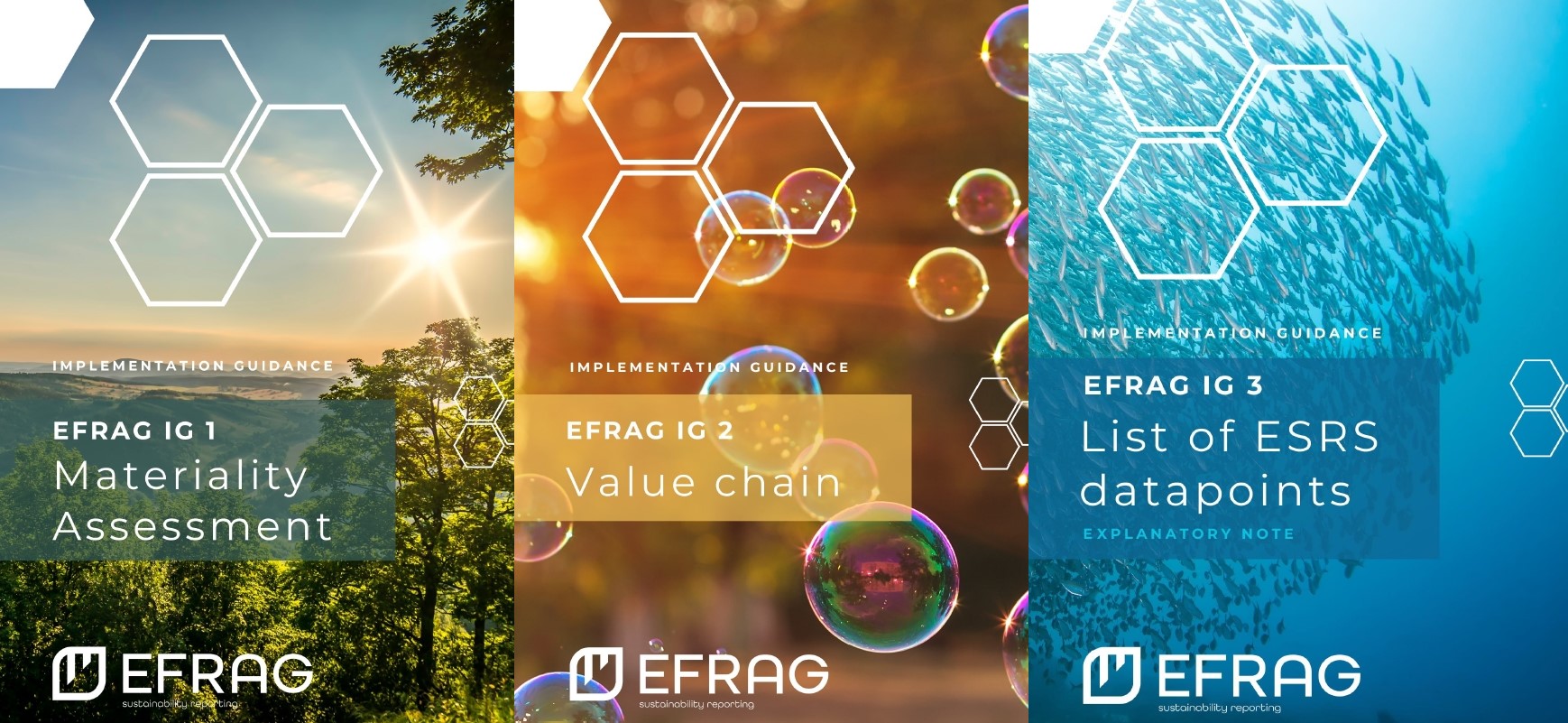The Aspen Institute formulated 10 insights into the future of ESG from the summer summit

The Aspen ESG Summit was held in July 2024 and was attended by more than two hundred business leaders, investors and corporate governance experts. The interactive event was a dialog among stakeholders to share ideas for achieving sustainability goals.
The demands of doing business are ramping up at record speed, so ESG solutions need to be fast and timely too. This is essential to reshape corporations at all levels, from changing business models to reorganizing supply chains and communications to meet sustainability norms. The challenge for business is to immediately implement new strategies at scale in an inclusive manner.
At the Aspen Institute Summit, participants exchanged EGS ideas and held several working sessions to uncover sustainability challenges on a larger scale and identify new practical solutions. The event resulted in 10 ideas for the future of ESG as key findings and concepts relevant for 2025.
Confronting EGS regulations has been challenging but important
For the past two years, it has been difficult for companies to openly discuss their sustainability solutions due to public stigma. This opposition to ESG principles has helped to better prioritize and define corporate EGS commitments. Industry leaders have strengthened their belief in the future of sustainability and a sense of optimism about the journey ahead.
The role of sustainability experts is growing
Industry experts are increasingly influencing corporate activities, from leadership support to implementing new strategies. Such pressures have led to a desire for organizations to make significant changes, which is why the topic of sustainable leadership was discussed as a key theme at the summit. Attendees were encouraged to slow down a bit and take their time to think through the next steps to realize SD goals and approach them with more optimism.
Sustainability is increasingly coming under the control of CFOs
This is due to increased regulatory requirements and reputational risks associated with EGS reporting, which are causing finance departments to take on new responsibilities. Many fear that the focus on compliance may reduce companies' interest in innovating and adding value through sustainability. On the other hand, strategic integration between ESG and CFOs allows for a balance in management policies with adequate dialog.
To drive sustainable innovation, you need to have a different approach than for change management
This was emphasized by Harvard's Dr. Linda Hill, who stressed that new leadership models need to be developed to drive innovation in EGS. Innovation is an ongoing process that requires the involvement of all stakeholders, not just leadership. Their development and implementation must involve the entire company team for a worthwhile outcome.
Innovations can only be created in an atmosphere of trust and engagement
All stakeholders, from employees to communities, should have a say in the implementation of new solutions. Businesses that are used to working on a top-down model need to reorganize and use the concept of openness and joint discussions. The views of all stakeholders are key to identifying risks and opportunities that may be missed by a narrow approach.
Regular dialog is important for EGS
An annual sustainability report is not enough to fully cover a company's work in this area. ESG goals can only be achieved through targeted communication with stakeholders, from media and investors to employees and customers. Managers are encouraged to create targeted messages with SD disclosures, the tone and format of which should meet the needs of different audiences.
The best facilitator for business growth is a healthy democracy
Companies are expanding their importance in supporting healthy democracy by implementing more solutions than just a day off for employees on voting day. Corporations are increasingly aware of the need for their direct involvement in stabilizing the political system in the United States. There is no single blueprint for action, but industry leaders are working on several fronts, from analyzing lobbying expenditures and trade organization memberships to fostering alignment between public and political opinion.
The future of sustainability is directly linked to artificial intelligence
AI is both overrated and underrated. For example, chatbots can make a huge difference in one area, but reduce performance in others. It is important to develop a strategy for thoughtful management of business process automation, taking into account the company's specialization. It is expected that EGS reporting will be largely automated in the next two to three years. Organizations that emphasize the use of artificial intelligence achieve innovation faster and perform better in terms of equity and environmental impact.
The sustainability of a business depends on more than just itself
The world relies on corporate solutions to fulfill sustainability goals, from transitioning to green energy to addressing climate challenges. But this is a two-way process: for innovation to scale at the necessary speed, the ecosystem must change at all levels, including business collaboration with policymakers, financiers, trade associations and regulatory agencies.
The search for a core metric in EGS assessment is still relevant
To improve the long-term competitiveness of organizations, it is important to be able to maintain a stable financial position and employee mobility. Summit participants agreed on the need to identify a single metric to measure the impact of these investments. However, there is still no final opinion on what could be the main benchmark: living wage, career development, and public health were discussed as options.
Conclusions
The Aspen ESG Summit highlighted the critical need for businesses to adapt quickly to meet evolving sustainability expectations.
The discussions underscored the following key takeaways:
- Rapid Implementation of ESG Solutions: The speed of change in the business environment demands swift action. Companies must integrate sustainable practices across all levels, from business models to supply chains, to comply with increasing regulatory pressure.
- Increased Accountability for CFOs: The involvement of CFOs in sustainability matters is on the rise, driven by regulatory demands and the need for transparent ESG reporting. However, businesses must ensure that compliance does not stifle innovation and value creation.
- Collaborative Ecosystem for Sustainability: Businesses cannot achieve their sustainability goals in isolation. A robust ecosystem, involving policymakers, trade associations, and financial institutions, is crucial for scaling innovations effectively.
These conclusions provide a comprehensive roadmap for organisations aiming to strengthen their sustainability efforts and navigate the complexities of the evolving ESG landscape.



